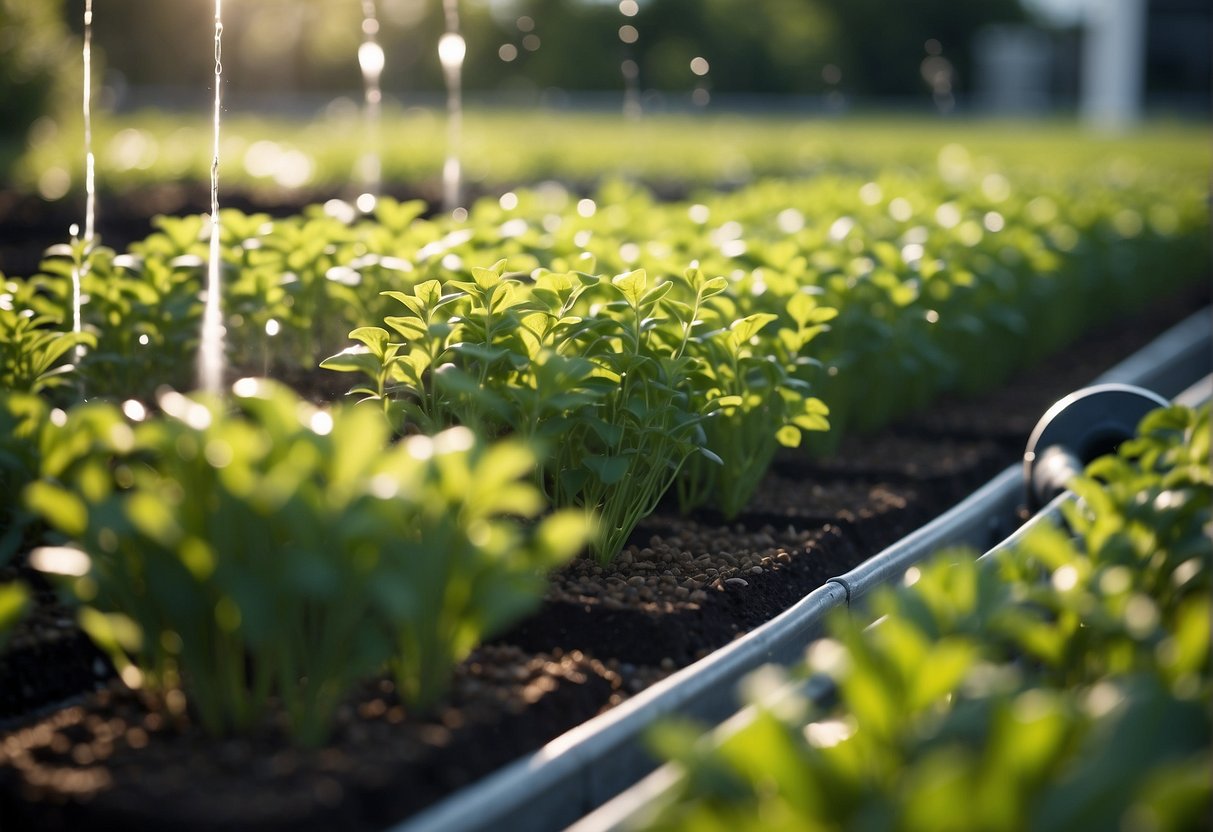
Environmental Benefits of Smart Gardens
Smart gardens are emerging as vital proponents of sustainability, emphasizing the preservation and enhancement of green spaces. They utilize intelligent systems, such as soil sensors and automated irrigation, to conserve water and ensure optimal plant growth with minimal waste. These systems can significantly reduce the carbon footprint of traditional gardening practices by fine-tuning resource use. Robotic mowers, a noteworthy mention, contribute by maintaining the health of lawns with precision, cutting down on the need for chemical fertilizers and herbicides. The integration of smart technology in gardens not only conserves resources but also supports the creation and maintenance of vital green spaces in urban environments.
The Evolution of Gardening Tech
As smart technology evolves, the realm of indoor gardens and edible flowers has seen a notable expansion. Indoor gardens equipped with advanced LED grow lights and hydroponic systems are gaining popularity, allowing individuals to cultivate fresh produce, including edible flowers, irrespective of seasonal changes or outdoor space limitations. With technology’s steady progression, there is now the possibility to monitor and adjust environmental conditions with precision, ensuring that indoor plants thrive. The relationship between smart technology and horticulture continues to evolve, offering gardeners innovative tools that promise a more efficient and environmentally conscious approach to cultivating both beauty and sustenance.